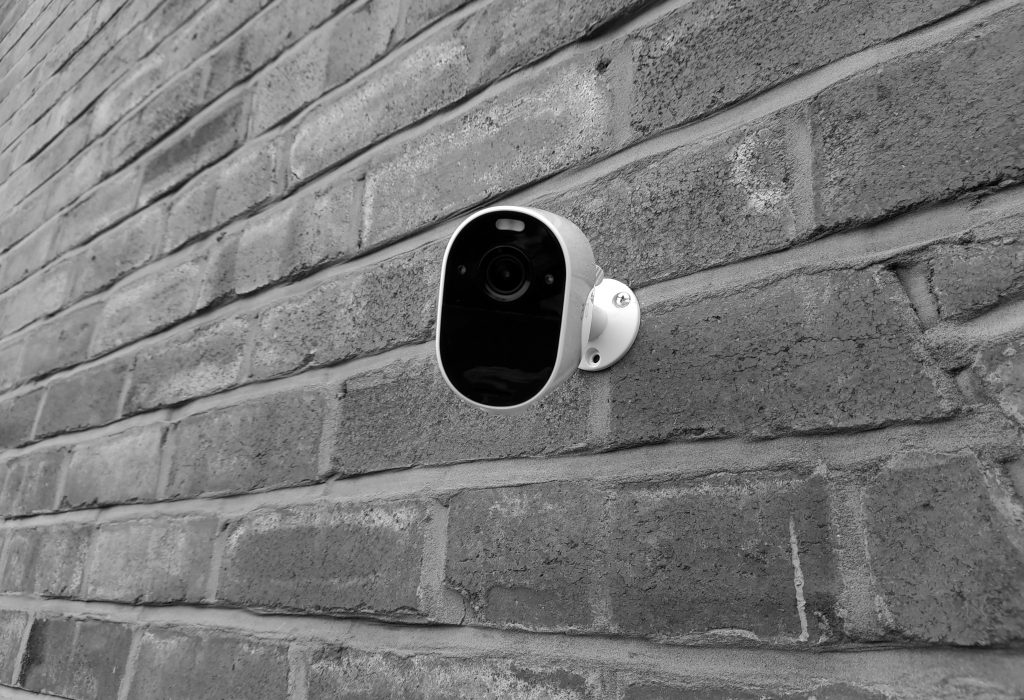Don't miss our holiday offer - 20% OFF!

Read also : Measuring Air Conditions: How Humidity Sensors Help Prevent Issues in Electric Motors
In an increasingly interconnected world, it is essential for trade department to ensure high standards of cleanliness in local business environments. The advancement of cleanliness monitoring sensor technology has opened new opportunities to achieve this goal. This article will explain how cutting-edge technology in the form of cleanliness monitoring sensors helps trade department improve cleanliness standards in their business environments. We will detail how this technology works, its benefits, and its positive impact on the quality of services and business security.
Contents
How Cleanliness Monitoring Sensors Work
Cleanliness monitoring sensors are specialized smart devices designed to detect and track cleanliness conditions in various locations. They utilize various sensors, such as temperature sensors, humidity sensors, and motion detection sensors, to monitor cleanliness and safety. Here is how cleanliness monitoring sensors work:
Temperature and Humidity Monitoring

Read also : Temperature and Humidity Sensors in Comfort of Smart Cities
These sensors monitor temperature and humidity in the business environment. Significant changes in temperature or humidity can indicate unsuitable conditions.
Motion Detection Sensors

Read also : Building with Motion Sensors: How They Work and Their Benefits
These sensors detect human movement or suspicious activity in specific areas. This helps in monitoring areas frequently used by customers or employees.
Air Quality Monitoring

Read also : How Air Quality Sensors in Buildings
Cleanliness monitoring sensors can monitor indoor air quality, detecting pollution or harmful substances that can endanger health.
Passenger Density Sensors

Read also : Tourist Density Sensors: Understanding Tourist Movements
If used in public transportation or other public places, these sensors can measure passenger density and assist in maintaining the necessary social distancing.
Benefits of Cleanliness Monitoring Sensors
The implementation of cleanliness monitoring sensors in the local business environment brings significant benefits, including:
Enhanced Cleanliness

Read also : IoT Sensors for Enhanced Urban Landscaping
Cleanliness sensors ensure that the business area is always clean and safe for customers and employees.
Operational Efficiency

Read also : Humidity Sensors for Building Efficiency and Air Quality
Improving efficiency by providing real-time data to trade departments, enabling them to respond quickly to changes.
Enhanced Security

Read also : Security and Preparedness Enhanced by Smart EWS Technology
Motion detection sensors and other security sensors help reduce security risks, including criminal activities.
Improved Services

Read also : Exploring Electric Current Sensors: Key to Efficient Electric Motor Health Monitoring
A clean and safe business environment creates a positive customer experience, enhancing the image of local businesses.
Conclusion
Cleanliness monitoring sensors are cutting-edge technology that helps trade department improve cleanliness standards in the local business environment. With efficient functionality and significant benefits, this technology has opened the door to a cleaner, safer, and better service-oriented environment. In this competitive era, trade departments should consider the implementation of cleanliness monitoring sensors as an integral part of their strategy to improve local businesses and ensure high-quality services.




